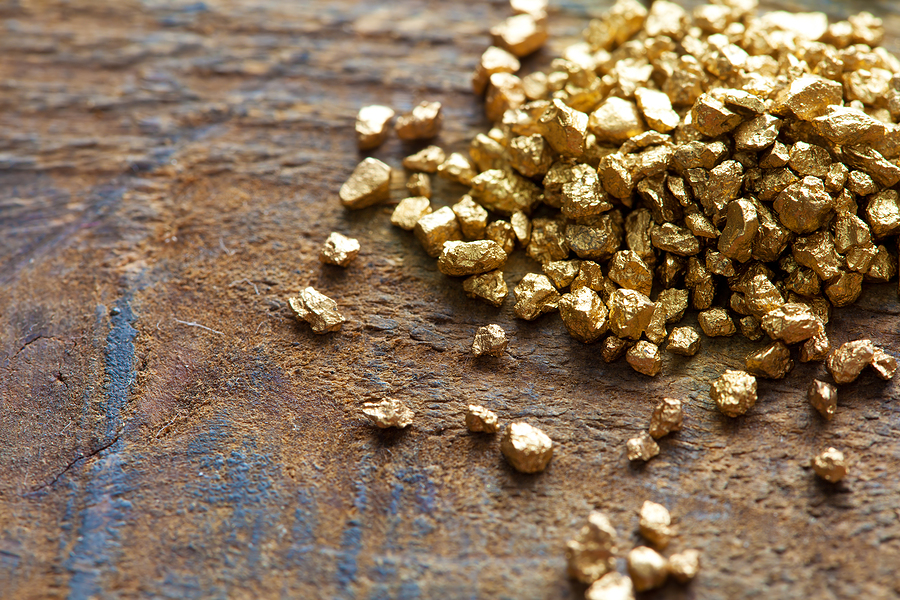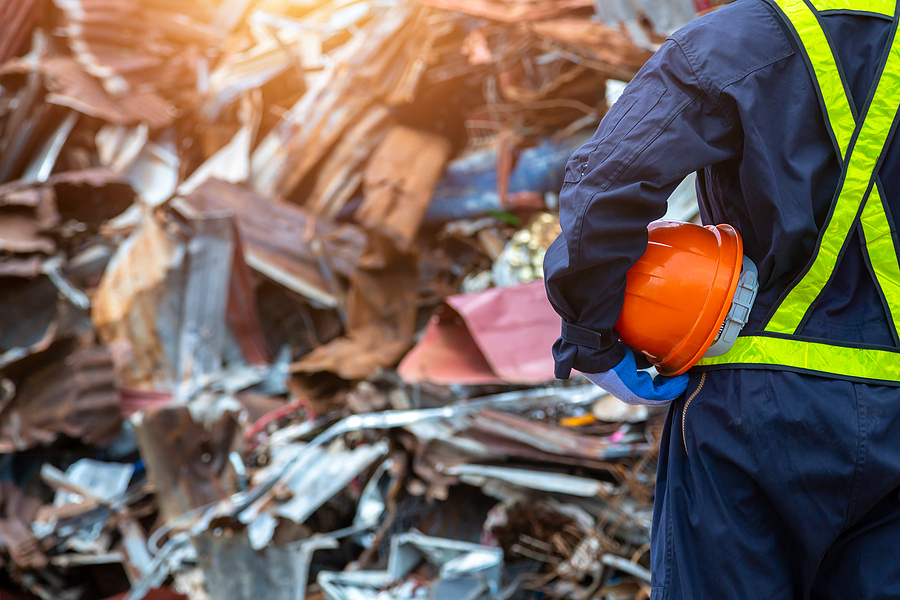Precious metals like gold, silver, platinum, and palladium power our modern world. They’re in your smartphone, your car’s catalytic converter, and the jewelry you wear. These noble metals enable everything from medical devices that save lives to the electronics that connect us globally. Yet despite their critical importance, we’re rapidly depleting these finite resources while generating unprecedented amounts of electronic waste.
The statistics paint a sobering picture. The EPA estimates that only 12.5% of e-waste is recycled, despite containing valuable precious metals. Meanwhile, millions of tons of electronic devices end up in landfills each year, taking their precious metal content with them. This wasteful cycle not only squanders valuable resources but also contributes to environmental degradation and missed opportunities for conservation of natural resources.
Understanding precious metal value extends beyond their market price. These materials are irreplaceable in many applications, and their extraction often comes with significant environmental and social costs. The good news? Every individual can make a meaningful difference in precious metal conservation through simple, actionable steps.

How You Can Help Preserve Earth’s Precious Metals
Reduce Your Consumption of Precious Metals
The most effective way to conserve precious metals starts with mindful consumption. Before purchasing any new device or product, ask yourself whether you truly need it. Your current smartphone might work perfectly fine for another year or two, and that new laptop upgrade might be more of a want than a necessity.
When you do need to make a purchase, research products with lower precious metal content or those designed for longevity. Some manufacturers are developing electronics with reduced amounts of precious metals while maintaining performance standards. Choose devices known for durability and repairability rather than those designed for planned obsolescence.
Consider the lifecycle of products before buying. A well-made item that lasts five years conserves more precious metals than a cheaper alternative you’ll need to replace annually. This approach not only supports precious metal conservation but often saves money in the long run.
Repair rather than replace whenever possible. Many electronic devices can be fixed for a fraction of the cost of replacement, keeping their precious metal content in circulation longer. Local repair shops can often breathe new life into seemingly obsolete devices.
Embrace Recycling and Reuse Opportunities
Metal recycling represents one of the most impactful actions you can take for precious metal conservation. The numbers speak for themselves: recycling one million cell phones can recover 35 pounds of gold, 772 pounds of silver, 33 pounds of palladium, and 15,000 pounds of copper (EPA, 2023). These recovered materials can then be used in new products without the environmental cost of mining.
Electronic waste recycling has become increasingly accessible. Many electronics retailers now offer take-back programs where you can drop off old devices regardless of where you purchased them. These programs ensure that precious metals are properly recovered rather than lost to landfills.
Don’t overlook the value in repurposing old jewelry and other precious metal items. Broken or outdated jewelry can be transformed into new pieces, keeping the precious metals in use while creating something you’ll actually wear. Local jewelers often provide these services, supporting both conservation efforts and your community.
Before disposing of any electronic device, ensure you’ve properly backed up and deleted personal data. Then, seek out certified e-waste recycling facilities like Zore’s Indy that follow proper protocols for precious metal recovery. These facilities have the technology to safely extract and purify precious metals for reuse.
Support Sustainable Mining Practices
While individual actions matter enormously, supporting companies that prioritize responsible mining amplifies your conservation impact. Research the mining practices of companies in your supply chain. Many electronics manufacturers now publish sustainability reports detailing their precious metal sourcing practices.
Look for certifications and standards that indicate responsible mining. The Responsible Minerals Initiative and similar organizations work to establish supply chain standards that reduce the environmental and social impact of precious metal extraction. Companies participating in these programs often highlight their involvement in marketing materials.
Advocate for stronger regulations in the mining industry by supporting organizations that push for environmental and labor protections. Your voice, combined with others, can influence policy changes that make mining more sustainable and reduce the need for virgin precious metal extraction.
Consumer demand drives corporate behavior. When enough people prioritize sustainability in their purchasing decisions, companies respond by improving their practices. Your choices send market signals that conservation of natural resources matters to consumers.
Recycle Cars & Electronics for Cash! 💰
Practice Proper Disposal Methods
Proper disposal of items containing precious metals prevents these valuable resources from becoming permanent waste. Never throw electronics in regular trash, as they’ll end up in landfills where precious metals become inaccessible and can potentially cause environmental harm.
Utilize e-waste recycling programs in your community. Many cities offer special collection days for electronic waste, making it convenient to dispose of multiple items at once. Some programs even offer pickup services for large quantities of e-waste.
Companies like Zore’s Indy in Indianapolis offer specialized recycling programs for various types of waste, including electronics, which helps in recovering precious metals—and they pay cash for all recycled scrap. Such facilities have the expertise and equipment to maximize precious metal recovery while minimizing environmental impact.
Reduce e-waste generation by extending device lifespans through proper care and maintenance. Simple actions like using protective cases, avoiding extreme temperatures, and performing regular software updates can significantly extend the useful life of electronic devices.
Common Questions About Precious Metal Conservation
Why is it important to conserve precious metals?
Precious metals are finite resources, and their extraction can have significant environmental and social impacts. Mining operations often disturb ecosystems, consume large amounts of energy, and can negatively affect local communities. By conserving these materials, we reduce the need for new mining operations.
What types of products contain precious metals?
Electronics like smartphones, laptops, and tablets contain multiple precious metals. Jewelry, automotive parts including catalytic converters, and some industrial equipment also contain significant amounts of precious metals. Even small household items like batteries may contain valuable materials worth recovering.
How can I recycle my old electronics?
Many communities have e-waste recycling programs. Check with your local waste management services or electronics retailers for options. Major retailers often accept electronics for recycling regardless of where you purchased them, making the process convenient and accessible.
What are the benefits of supporting sustainable mining practices?
Sustainable mining reduces environmental damage, protects worker rights, and supports community development. It also helps ensure that precious metal supplies remain available for future generations while minimizing the negative impacts of extraction.
How can I reduce my consumption of products containing precious metals?
Buy only what you need, choose durable products, and repair items instead of replacing them. Consider the precious metal value of products before purchasing and opt for items designed for longevity rather than disposability.
Your Next Steps
Precious metal conservation isn’t just an environmental imperative—it’s an economic and social responsibility that affects our collective future. The actions you take today directly impact the availability of these critical materials for future generations and help reduce the environmental burden of mining operations worldwide.
Start with the electronics you already own. Extend their lifespans through proper care, repair when possible, and ensure they reach certified recycling facilities when they truly reach end-of-life. Support companies that demonstrate genuine commitment to sustainable practices and responsible sourcing.
The path forward requires individual action combined with collective effort. Your choices matter, your voice has power, and your commitment to precious metal conservation contributes to a more sustainable future for everyone.
Ready to make a difference? Start recycling your e-waste today. Contact Zore’s Indy and take the first step toward meaningful precious metal conservation. Every device you recycle keeps valuable materials in circulation and reduces the demand for environmentally costly mining operations. We pay cash on the spot!
Get a Free Precious Metal Offer Now
Related Post: Catalytic Converter Facts Than Can Make You Money

